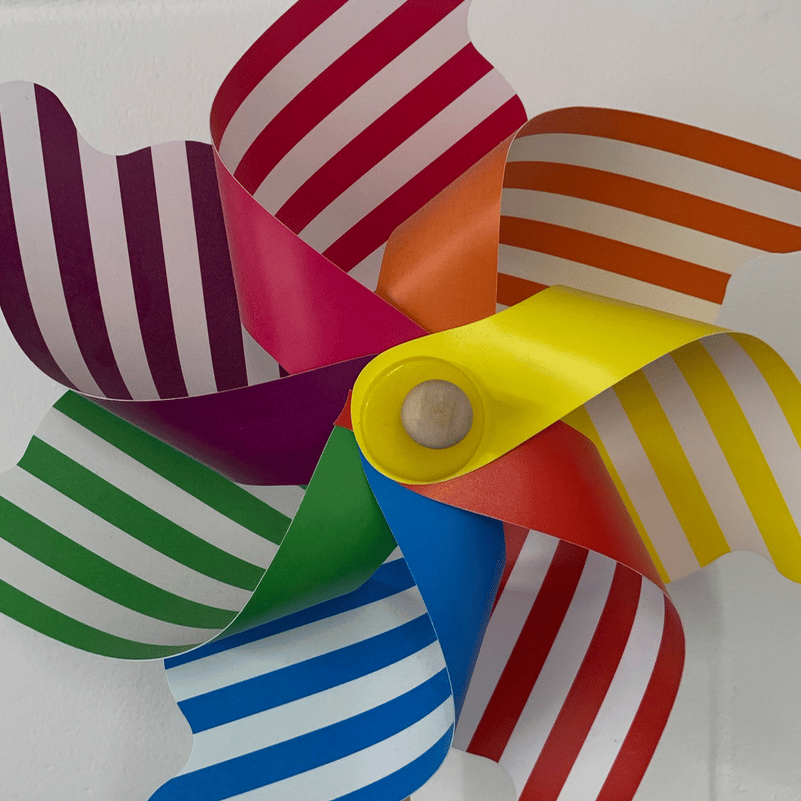
Living with the extended family – Kinship / Connected Care and Special Guardianship Orders (SGOs)
These insights are from Brian Roberts. He and his wife obtained some of the first Special Guardianship Orders for Children in England. Their 3 orders were 1% of all of the orders granted in 2008. All of the young people have now reached adulthood. Although they were taken into care they remain in contact with their birth mum, and two half-sisters who live elsewhere and a nephew.
By no means do all affected children and young people live with their parents, adopters or are within the care system. A very important group of ‘carers’ are those are looking after people who are relatives. The carers themselves are not the birth parents, but grandparents, aunts, uncles and even family friends. There is also a much smaller group of former foster carers who have obtained an SGO in favour of children that have once lived with them.
The reasons that these group take on this responsibility are really varied, and nothing can be assumed about any of these cases. In some cases, this happens without the direct involvement of the Care System and the removal of children from their families. In other cases, the placement with relatives and friends is because the children have been removed. Children’s Services Department will always look to family members as the first group to provide a stable home for their relatives.
The key point is that by taking this pathway in almost every case the children and young people concerned are removed from the formal care system and the carers or guardian have parental responsibility for all aspects of their lives.
In many of the cases contact is maintained between the children and birth parents as well as siblings if they have had to separated, but this is not always the case. Occasionally the relationship breaks down making contact difficult if not impossible.
It is probably within this group of families that some of the biggest challenges exist.
Affected children and young people have the same challenges as affected children and young people living in other types of families. The strategies and advice for addressing the challenges remains the same as with all children. Living with a friend or relative does not make the challenges and achievements of those living with FASD any better or any worse. However, the added stress of the family link to relatives and maintaining a positive relationship then becomes a challenge that should not be underestimated.
In a number of cases those people who start the journey to kinship or connected care are not aware that the child that they will end up looking after will have been affected by FASD and this adds an additional set of emotions.
The most vital thing is to keep all decisions and interactions focused on the needs of the child. We cannot change what has happened in the past and therefore the only sensible thing to do is focus on what will make the future as positive as possible for the child or young person. In typing this I realise that its far, far easier to write than it is to do in practice. However, to make the best possible outcomes the child or young person needs to see the relationships around them as positive.
There is the challenge of managing your own feelings as the adult responsible to the child about your friend or family member and I can’t begin to explain how you an manage these feelings, but to do the best you can they must be managed. In all honesty from experience the relationship between carers and guardians and the birth family is often a roller coaster that changes on a very regular basis.
There is also the challenge of developing a life story for the young person in your home that is positive, focuses on what they can and will achieve and does not stigmatise their birth parents. We know with FASD that by and large children that have an appropriate understanding of their condition do better than those who do not have the same understanding. So, having a life story that is well thought out and consistent is really important especially where it relates to alcohol.
In some cases, usually if the child has been formally involved in the care system then there are additional funds and support available. If the child or young person was never in care, and there are plenty of excellent reasons why people step in to ensure that a relative isn’t taken in to care, then these additional resources aren’t available. That adds its own challenges.
Jody my 21 year old affected daughter who was formally living with us on an SGO explains, ‘that it was really important to have the freedom and support keep in touch with family members. For me it was a challenge of knowing that the alcohol that was drunk while I in the womb affected me so much, but I have been able to talk to my birth mum and older sister to understand what was affecting her at that time. Talking to my older sister really helps me to understand how I was affected by FASD’.
More advice can be obtained from
https://www.kinshipcarersuk.com/
Kinship Carers UK is a national not for profit charity. It champions the vital role of Kinship Carers, ‘Connected Families’ when they take on the challenging role of permanently parenting someone else’s child.
https://www.grandparentsplus.org.uk/
There are 200,000 children in UK being raised by relatives or friends because their parents can no longer look after them. Grandparents Plus want kinship carers and the children they are raising to be recognised, valued and supported.